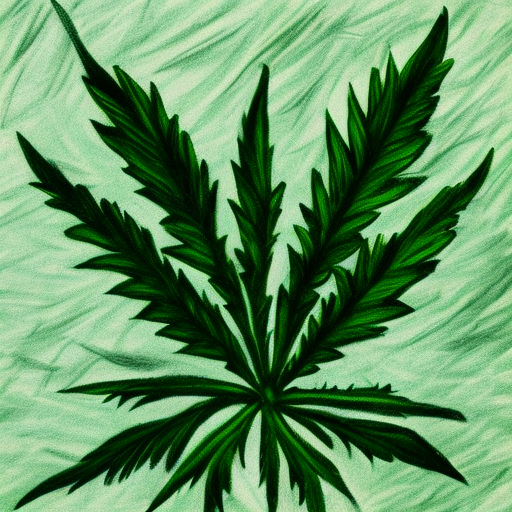
A recent peer-reviewed study on THC potency in cannabis products has found that 70% of the samples taken from Colorado were inflated by at least 15%. This is a significant concern for the industry, as inaccurate potency levels can have negative effects on patients, consumers, and the industry as a whole. The study, titled “Uncomfortably High: Testing Reveals Inflated THC Potency on Retail Cannabis Labels,” used high-performance liquid chromatography to analyze the THC potency of 23 samples from 10 retail dispensaries throughout the Colorado Front Range. The findings were then compared to the results reported on the packaging.
The results showed that the average observed THC potency was 14.98% +/- 2.23%, which is substantially lower than recent dispensary-reported THC potency. The average observed THC potency was also 23.1% lower than the lowest label-reported values and 35.6% lower than the highest label-reported values. Overall, 70% of the samples were more than 15% lower than the THC potency numbers reported on the label, with three samples having only half of the reported maximum THC potency.
One of the likely factors causing this issue is a lack of regulatory oversight, limited testing protocols, and financial incentives to market high-THC potency. Many cannabis businesses will “lab shop” for testing laboratories that will provide them with the highest flower and concentrate THC potency results and will place inaccurate results on product labels. This practice is known as “lab shopping” and is prevalent in the industry.
For example, licensed attorney and CEO/co-founder of PSI Labs Ben Rosman told Cannabis Business Times that he has had many potential clients ask if they can inflate THC potency and has even had some clients switch to another lab that will produce higher potency results – a request PSI Labs will not fulfill.
“We’ve consistently seen some pushback from some growers since legalization on the adult-use side,” Rosman told Cannabis Business Times. “Hey, there are some labs out there that will increase potency. Can you guys help us out? And it’s not something we’re willing to do. But that does mean that we lose clients over it. This is something that happens all across the country.”
This was an ongoing theme with other lab owners Cannabis Business Times spoke to in November, such as SC Labs and ACS Laboratory, whose owners said they’ve had customers call and request higher THC results and take business elsewhere when their request isn’t fulfilled. Owners also mentioned that some licensed growers will send samples to multiple labs for testing and decide to work with the lab that produces the highest THC potency.
Given the study’s results, it is essential to take steps to increase label accuracy of cannabis being sold to the public. The lack of accurate reporting of THC potency can have impacts on medical patients controlling dosage and recreational consumers expecting an effect aligned with price. It can also lead to a lack of trust in the industry as a whole.
As the legal cannabis market continues to grow, it is crucial that the industry moves towards selling products with more accurate labeling. Regulatory oversight must be increased, and testing protocols must be more stringent to prevent lab shopping and inflated THC potency levels from becoming standard practice in the industry.
In conclusion, the study’s findings highlight a significant concern in the cannabis industry regarding inaccurate THC potency levels on product labels. The lack of regulatory oversight, limited testing protocols, and financial incentives to market high-THC potency are likely factors causing this issue. Steps must be taken to increase label accuracy and prevent inflated THC potency levels from becoming standard practice in the industry.

